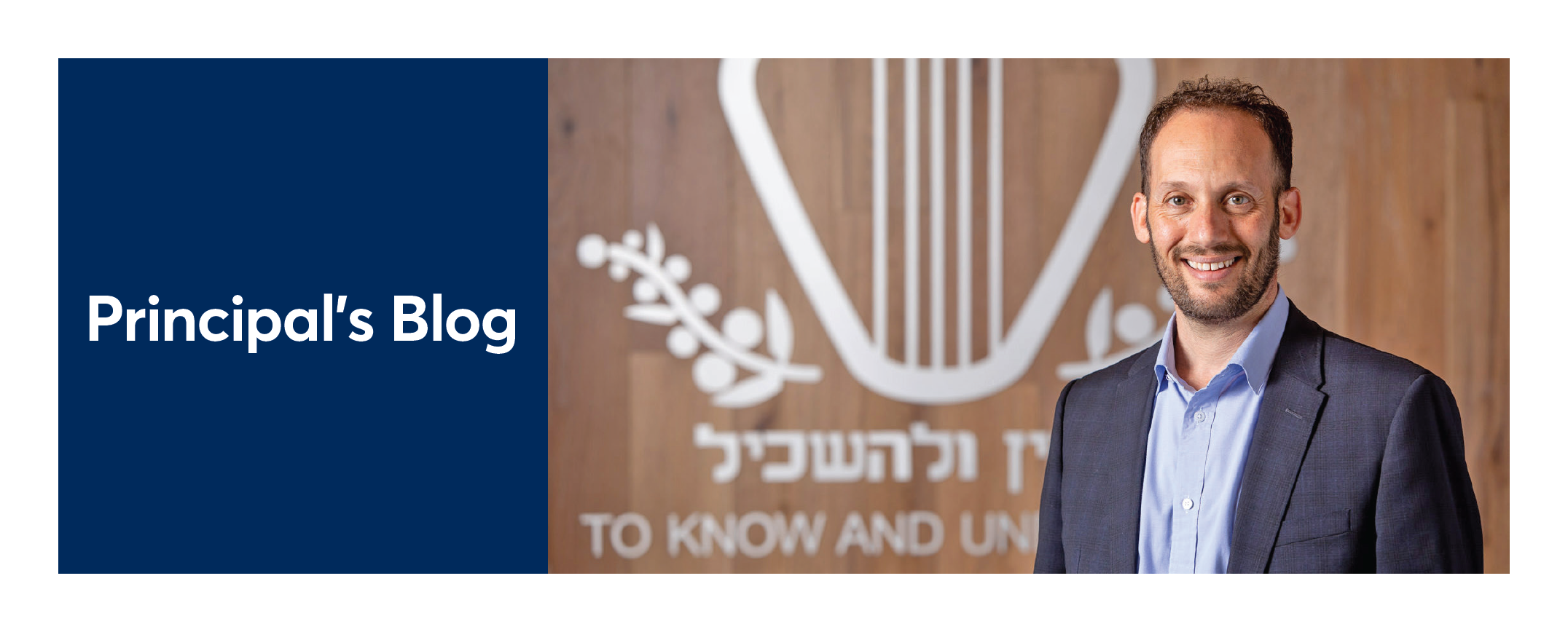
Our drive for innovation
Recently there has been some welcome discussion in Australian media surrounding the adoption of enhanced educational approaches in school settings.
There has been coverage of the Melbourne Archdiocese Catholic Schools’ announcement that it has adopted a pedagogical framework that is grounded in explicit instruction. This follows on from a reported resurgence in support for a phonics-based reading model for equipping our early learners with foundational literacy skills.
At King David we adopt evidence-based pedagogical models that are anchored in an understanding of how children learn and develop. We utilise student data to adjust and enrich our practice and adopt different strategies that are suited for the age and stage of our students. We believe that deeply knowing our students allows us to tailor experiences which enable them to thrive. As Russell Kaplan, our Vice-Principal Teaching and Learning, has stated this enables us to construct opportunities in a way that our students’ brains “like to learn.”
The School’s curricular and pedagogical approach begins with an understanding that one needs a strong foundational basis in key knowledge and skills. This core is then utilised in various ways as a student grows older in a manner that deepens knowledge, enhances creativity and maintains engagement.
For this reason, both our early literacy and numeracy programs are anchored in a form of explicit instruction. We directly explain the requisite skills, model them, offer students guidance as they practise them and then allow for opportunities to master these through independent application. Once our students have confidence in foundational skills, this allows for more creative exploration.
This exploration will be exercised in a developmentally appropriate manner that corresponds to what drives student motivation and enjoyment. For instance, across the key years of middle-schooling, pairing moments of explicit instruction with opportunities for social and emotional learning and real-world application have been shown to hit the sweet spot which balances the acquisition of key skills and knowledge with engagement, curiosity and creativity.
Our current focus for staff Professional Learning is based on three key programs that support our students’ development. In the Junior School we are working on the phonics-based SOLAR (Science of Learning and Reading) which focuses on the science behind attainment of reading fluency. We have found that the capacities of our students in literacy have advanced far more rapidly than before we were using the model. We are also using The Writing Revolution which is a program that explicitly teaches sentence structure, writing mode and the core skills to adapt writing for purpose and audience.
I was so pleased to see the demonstration of this at our Year 4 level assembly last week. Our students confidently displayed their knowledge of paragraphing structure and explained this with a level of detail that one would ordinarily expect from far older students.
In Magid Campus, we are working with our staff on a pedagogical model called ‘Walkthrus’. This is a set of high-impact teaching strategies that have been collated by UK educator Tom Sherrington. This is a holistic program which focuses on the teaching skills that are most successful in a range of educational settings. Our Learning Area leaders are working closely with staff to discuss and practise these key strategies and then to share feedback on their application. We believe that this will equip our teachers with the expertise to facilitate outstanding learning outcomes in a productive learning environment.
Our School’s founding Principal, Norman Rothman, frequently said that “a good school must never stand still.” This drive for innovation and improvement is the keystone of our approach to teaching and learning and our rich staff professional development offerings. We know that through a deep knowledge of our students and a commitment to adjustment, refinement and improvement of teaching practice, our school will continue to deliver outstanding educational outcomes.
Shabbat Shalom,
Marc Light
Principal
